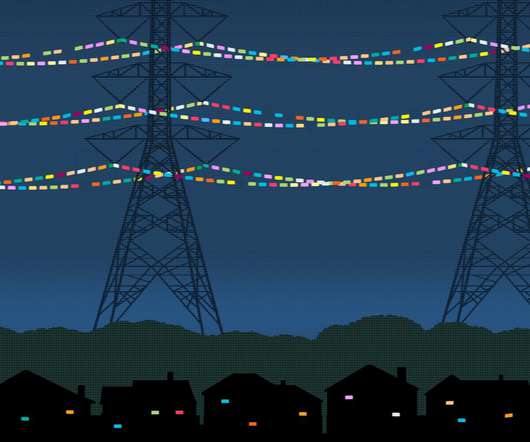Opinion: Oil Market ShowdownCan Russia Outlast The Saudis?
Green Car Congress
OCTOBER 20, 2015
November 27, oil consuming countries will celebrate the first anniversary of the Saudi decision to let market forces determine prices. This decision set crude prices on a downward path. Subsequently, to defend market share, the Saudis increased production, which exacerbated market oversupply and further pressured prices.












Let's personalize your content